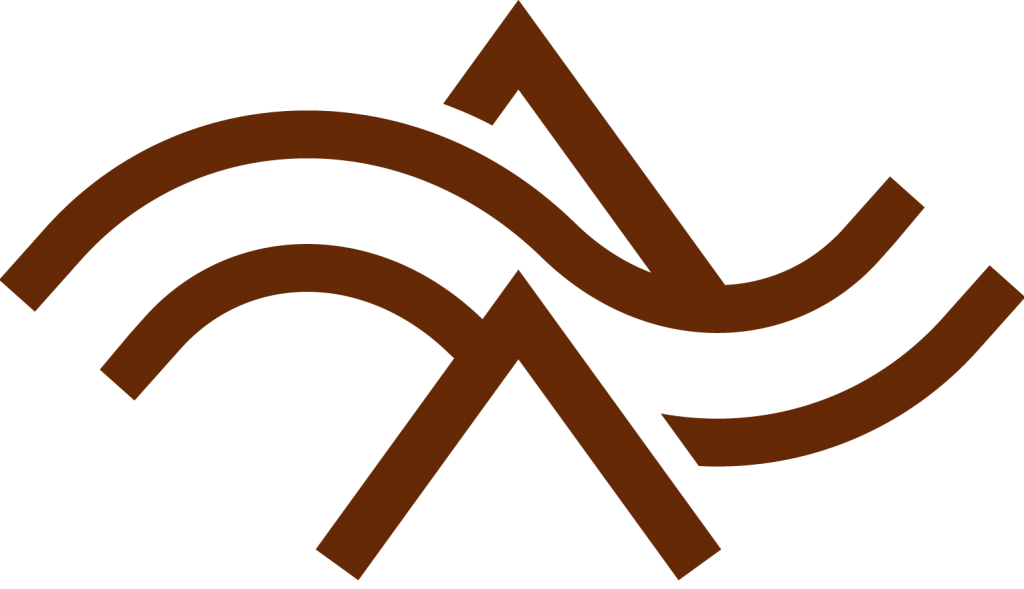After the Return
Radio-Canada – Récit: La traversée aux mille périls
Radio-Canada – Deux aventuriers de Québec achèvent la plus longue traversée nord-sud du Canada
La Presse – Expédition AKOR En skis, en canot et à vélo à travers le Canada
Canadian Geographic – Expedition completes longest human-powered north-south crossing of Canada
Journal de Montréal – Des Québécois ont bouclé la plus longue traversée Nord-Sud du Canada
Explorers Web – Top 10 of expeditions in 2021: #3: Canada North-to-South
Sidetracked Mag (britannique) – Canada from North to South (vol. 24)
Outdoor Mag (polonais) – Kanada z polnocy na poludnie à force humaine (vol. 17)
V #Motion mag (italien) – In the middle of nowhere (vol. 26)
Espaces mag – Expédition AKOR: 234 jours sur les glaces, rivières et routes du Canada
Espaces mag – 6 aventures québécoises qui ont marqué 2021
Explorers Web – Interview: Guillaume Moreau on 7,600km Through the Canadian Wilderness
Quebec Hebdo – Mission accomplie pour l’expédition AKOR
Affaires universitaires – Parcourir 7 600 km au nom de la recherche universitaire
During the Journey
Radio-Canada – En skis le long d’« autoroutes d’ours polaires »
La Tribune – Traverser le Canada dans l’axe Nord-Sud
Le Soleil – Expédition Akor: la traversée de l’archipel arctique en skis complétée
Le Soleil – Expédition AKOR: à moins de 300 km du but!
The Record – Expedition from High Arctic to Point Pelee underway
Explorers Web – Crossing Canada From North to South
Explorers Web – Canada North to South Set to Begin
Explorers Web – Canadian Arctic Expedition Reaches Resolute
Explorers Web – Canadian Arctic Expedition Trades Skis for Canoes
Explorers Web – “Experimental” Canoeing: Canadian Arctic Expedition Reaches Baker Lake
Explorers Web – Out of the Wild: After Six Months, Canadian Expedition Hits Pavement
ExplorersWeb – Canadian Expedition Finishes a Near North-South Traverse
Espaces Mag – Trois humains à ski au royaume des ours polaires
Before Departure
> Radio-Canada info – 7600 km du Nord au Sud du Canada : la traversée historique de deux aventuriers de Québec
> Espaces Mag – Expédition AKOR: une traversée Nord-Sud du Canada en ski, canot et vélo
> Journal de Montréal – Traversée du Canada du nord au sud: cinq amis prêts pour l’aventure d’une vie
> Explorers web – Crossing Canada from North to South
> Québec Hebdo – Expédition extrême pour l’aventure et la recherche
> Radio-Canada – Parcourir 1600 km en canot dans le Grand Nord
> Radio-Canada – Les aventuriers à suivre en 2021
> La Presse – Projet Karibu: mission accomplie pour les 4 aventuriers
> La Presse + : Des rivières et des ours : Des aventuriers viennent à bout du Grand Nord
> La Presse – Expédition dans le Grand Nord : six amis, 3 mois et 1 500 km en canot
> Le Soleil – L’aventure d’une vie dans le Grand Nord québécois
> Le Soleil – Projet Karibu: quatre fantastiques
> La Tribune – Des nouvelles des aventuriers confinés
> La Voix de l’Est – Projet Karibu: traverser le Québec en ski de fond
> Journal Métro – Montréal-Kuujjuaq en ski de fond: le projet Karibu relève le défi en 130 jours
> Université Laval – Rapport à la communauté 2019
> Université Laval – Six amis, quatre rivières, deux océans
> Université Laval Nouvelles– De Ward Hunt à Point-Pelée
> Canoe & Kayak Magazine – Pushing Limits in Labrador
> Magazine Les Débrouillards – Expédition polaire
> Explorer’s Web – Top 10 Expeditions of 2018 : #10 – By Canoe through Northern Quebec and Labrador
> Un Monde d’Aventures – Les 10 expéditions qui ont marqué l’année 2018
> Un Monde d’Aventures– Des nouvelles du projet Karibu
> Explorer’s Web – AKOR Expedition Complete: 1,500km to Nain
> Explorer’s Web – Exploring Labrador’s Northern Wilderness
> La Société Géographique Royale du Canada – Expédition AKOR
> Société Géographique Royale du Canada: Projet Karibu
> Canadian Geographic – Projet Karibu Ski Expedition Photos
> Québec Science – Expédition AKOR: Combiner science et aventure
> Québec Science – Expédition AKOR dans le Grand Nord québécois et terre-neuvien
> Regard sur l’Arctique– Quatre coureurs des bois passent quatre mois dehors en plein hiver
> Nunatsiaq – Photo: Projet Karibu arrives in Kuujjuaq
> Espaces Magazine – Encore le Grand Nord avec AKOR
> Espaces Magazine – Projet Karibu: drogués par le Nord
> Geo Plein-air – Projet Karibu
> Gripped Magazine – Quebec Paddlers Complete 1,500 km Canoe Trip
> Gripped Magazine – Six Quebec Paddlers Embark on 1,500-kilometre Canoe Trip
> L’Étincelle – Marie-André Fortin et le Projet Karibu : Une aventure inspirante pour les filles et les femmes
> Voyageur Tripper – Polar Bears and Paddling: behind the 1600 km journey of Expedition AKOR
> Camp Kéno Blogue – Rencontre avec l’équipe de l’expédition AKOR
> EXPED Blog – AKOR Expedition : Living and Sharing the Torngats
> Adventure Online – Six Quebec Paddlers Embark on 1,500-kilometre Canoe Trip
> Steemit – Travel 1500 km in 3 months by canoe in the Far North of Quebec

